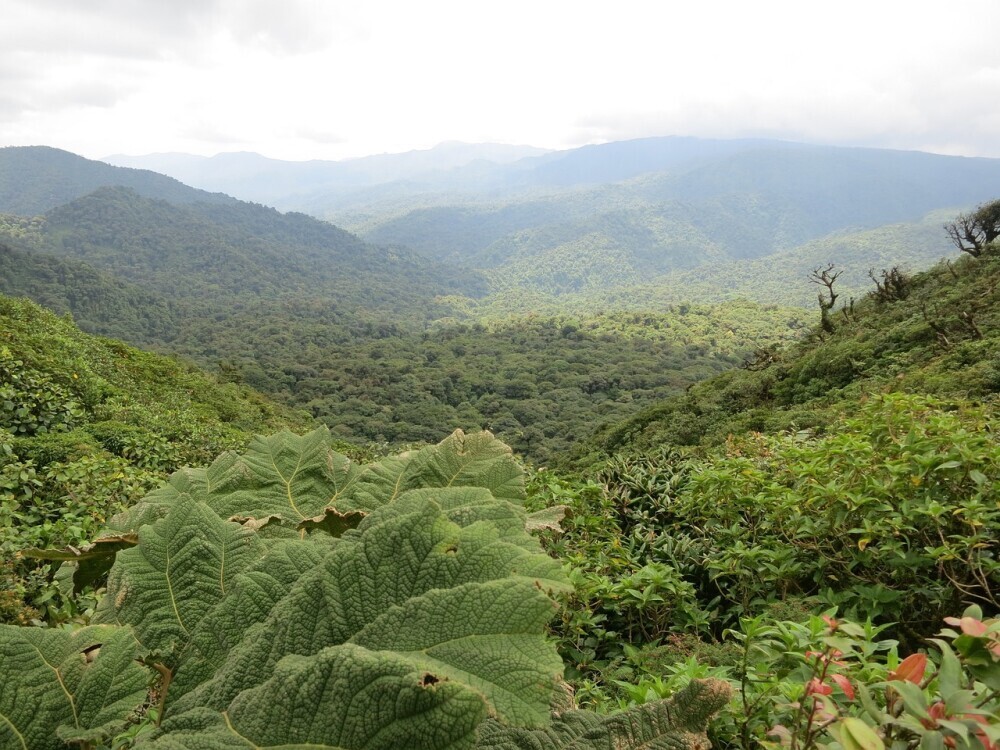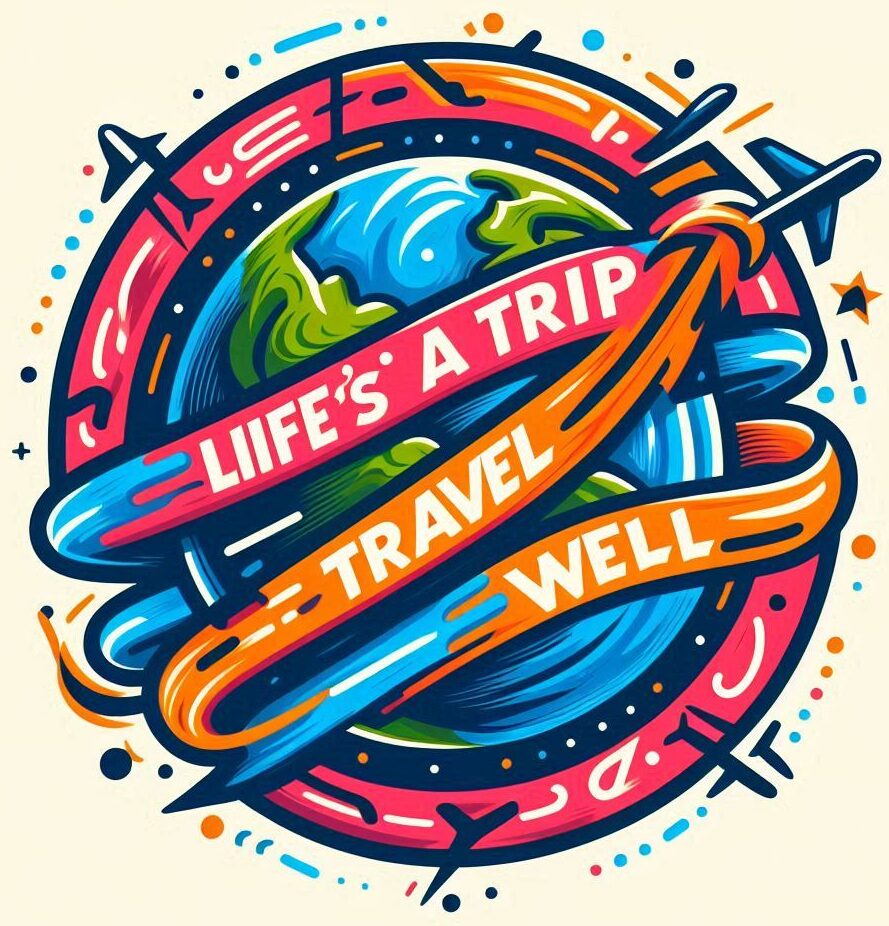
Sustainable tourism is all about making travel kinder to the planet while still having a blast. It’s not just a buzzword; it’s the idea of traveling in a way that respects natural resources, local cultures, and ecosystems. It’s about keeping the beautiful places we love to explore just as incredible for the folks who come after us.
Industry analysts are revealing that travelers are becoming more eco-conscious than ever. They’re seeking destinations that celebrate green practices and hold eco-friendly certifications. It’s not surprising that places with stunning natural beauty, like Iceland or Costa Rica, are at the forefront, offering experiences that embrace preservation and conservation.
Innovation is buzzing with airlines, hotels, and even backpack brands hopping on the eco-friendly bandwagon. From carbon offsetting programs to zero-waste accommodations, industry leaders are challenging themselves to innovate and reduce their footprint. This shift is being embraced across the board, from big names to small indie operators.
We’re seeing a rise in eco-certification programs that give travelers confidence in their green travel choices. Analysts predict a massive wave of initiatives designed to promote sustainable tourism as both a concept and a practice. This might be through government regulations or voluntary commitments by travel companies, ensuring the industry supports environmental, cultural, and social well-being.
Observers believe that while it’s fun to explore new places, it’s important to travel responsibly. Creating lasting memories doesn’t mean leaving a lasting impact on the environment. While travelers relish discovering the natural wonders of this planet, industry leaders and governments need to keep driving these ethical travel trends.
Technology-Driven Experience Enhancement: The New Norm
Technology is shaking up the travel game, bringing in a wave of changes that make trips smoother and more tailored than ever. Artificial intelligence and virtual reality are leading the charge, rolling out ways to enhance experiences that were once unthinkable. Imagine planning a trip where virtual tours give you a sneak peek of your destination or using AI-powered chatbots to sort out your travel plans—it’s all happening now.
Tech-savvy travelers are on the rise, and with them comes a demand for innovative solutions. This new generation of travelers wants more than just a getaway—they want experiences that match their lifestyle and values. And guess what? The industry is listening. From tailor-made itineraries to personalized in-flight entertainment, technology is allowing travelers to engage in ways that are exciting and meaningful.
Contactless travel has taken center stage, especially post-pandemic. Check-ins, payments, even room service are going digital to keep things safe and convenient. This tech advancement minimizes human contact without sacrificing comfort, offering a seamless blend of safety and ease that everyone can appreciate when on the go.
Customization is the name of the game. Whether it’s choosing a smart hotel room that adapts to your preferences or navigating airports with digital wayfinding, personalization is redefining travel experiences. This level of customization enhances satisfaction and ensures every trip feels unique.
Looking ahead, industry watchers are anticipating even cooler tech developments in travel. From next-gen booking platforms to smarter sustainability tools, it’s clear technology is a major force shaping the future of travel. Travelers can look forward to a world where their journeys are not just about getting from point A to which is personalized and remarkably immersive.
Wellness Tourism: Prioritizing Health and Well-being

Wellness tourism is hitting its stride as folks look beyond traditional getaways to trips that rejuvenate mind, body, and soul. It’s about unplugging from daily stressors and diving into experiences that enhance overall well-being. This shift in preference is steering more travelers toward wellness retreats that offer everything from yoga and meditation to holistic healing and nutritious cuisine.
The COVID-19 pandemic has been a massive catalyst in this movement, prompting many to prioritize their health now more than ever. Travelers are yearning for vacations that offer more than just sightseeing and relaxation—they’re seeking restorative and health-focused escapes that support mental clarity and physical vitality.
There’s a solid interest in holistic travel experiences, where mindful practices become part of the itinerary. Whether it’s nature hikes that double as digital detox opportunities or spa resorts offering mental health workshops, the emphasis on personal well-being is louder than ever.
Analysts note a growing trend in wellness travel that caters to digital detoxing and mindfulness. These experiences aren’t just a passing trend but are becoming key components of the travel industry. By incorporating meditation, yoga, and fitness programs into luxurious settings, these trips redefine what it means to truly “get away”.
As this sector grows, future trends are bubbling to the surface, like personalized wellness experiences and immersive retreats focusing on mental health. This isn’t about keeping up with the latest travel fad; it’s making sure every trip leaves the traveler feeling refreshed and transformed.
Rise of Remote Work and Workcations: Blending Business with Leisure
Remote work isn’t just a trend—it’s a wholesale change in how we approach travel, and it’s opening up new opportunities for blending business with pleasure. With more folks working from home, why stay put when you could be working from a cabin in the mountains or a beachside villa? This shift is prompting a new kind of travel: the workcation.
Workcations let you mix work environments with vacation vibes, and they’re becoming more popular by the day. They’re about escaping the traditional office setup and embracing destinations where you can both work efficiently and relax comfortably after hours. This balance of productivity and leisure means workcations are here to stay.
Currently, popular spots for these digital nomads range from bustling cities with great infrastructure to serene retreats perfect for focus and creativity. Places with robust internet, coworking spaces, and a lively community are seeing a boom in long-term stays as people blend work and life seamlessly.
The rise in remote work isn’t just about the ability to work from anywhere but also about the evolution of travel infrastructure to support it. Things like coworking hotels and shared office spaces are sprouting up around the globe, making it easier for remote workers to find the amenities they need to function effectively while away from home.
Industry experts predict that this blending of business and leisure will create new travel patterns and opportunities. As more companies endorse flexible working arrangements, the traditional boundaries of travel and work will continue to blur, paving the way for a new era of working vacations where people can truly have the best of both worlds.
